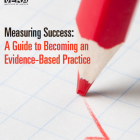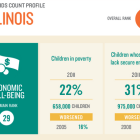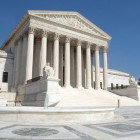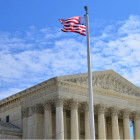
Termaine and Elijah: Two Troubled Teens and the Promise of Intensive, At-Home Family-Focused Treatment
|
Over the past three decades, adolescent development scholars, criminologists and mental health practitioners have achieved a breakthrough – or rather two breakthroughs. They have developed two different approaches to the care and supervision of troubled and delinquent children that consistently work better and cost less than correctional confinement and other commonplace services. One approach, which involves intensive and highly-regimented family therapy delivered to young people in their own homes, has been rigorously tested in scientific evaluations and repeatedly yielded substantial and statistically significant reductions in recidivism and treatment/confinement costs. The second – known as wraparound – targets youth with serious emotional disturbances, and it assembles a team of caring adults to devise an appropriate mix of community-based services in lieu of placing the child into a residential facility. Numerous studies show that wraparound, too, improves behavioral health and reduces involvement in the justice system – and does so at a fraction of the cost of confinement or residential treatment.










